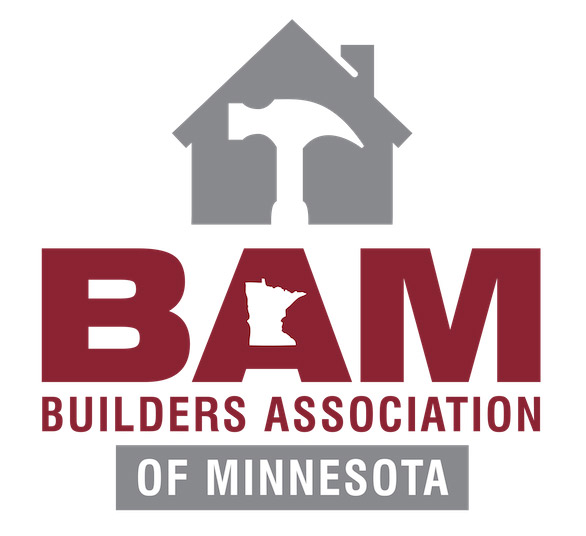Asbestos Statute Change
Due to recent changes in state law and rules, Minnesota renovation contractors doing work on single family homes or buildings with no more than four dwelling units will now need to know if they are conducting asbestos-related work.
The Minnesota Department of Health recently amended the Minnesota Asbestos Abatement Act (Minnesota Statutes 326.70 to 326.81) to include specific changes to the definitions section (MS 326.71) and fees (MS 326.75). These changes became effective July 1, 2021. In the definition of asbestos-related work (subdivision 4), the previously exempt materials of floor tiles and sheeting, roofing materials, siding, and all ceilings with asbestos-containing material are now regulated in single family residences and buildings with no more than four dwelling units, if the materials are friable or are made friable during renovation activities. The change was made in order to better protect workers and dwelling occupants from the harmful health effects of asbestos.
We recognize this change poses a challenge as contractors working on such projects will need to comply with both the Minnesota Statute and Rules (Minnesota Rules, parts 4620.3000 – 4620.3724) as well as the Federal Renovation Repair and Paint Regulation (40 CFR 745.80 – 745.92 ). If you have any questions or need compliance assistance, please contact the Minnesota Department of Health Asbestos / Lead Compliance unit at:
651-201-4620 or Health.Asbestos-Lead@state.mn.us
Additional information can be found at:
Asbestos – Professionals – EH: Minnesota Department of Health (state.mn.us)
Dan Miller
Industrial Hygienist | Asbestos and Lead Compliance Unit
Minnesota Department of Health
Office: 651-201-4612 | Fax: 651-201-4606

